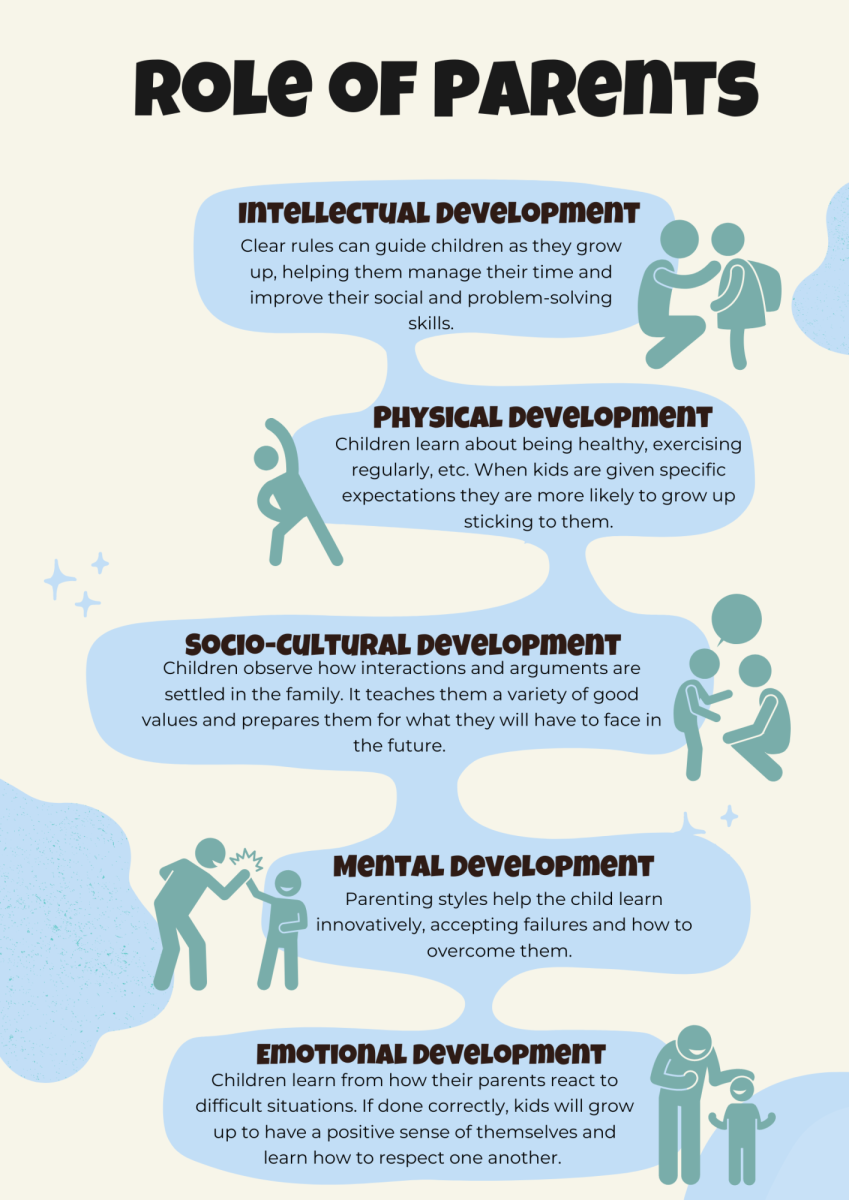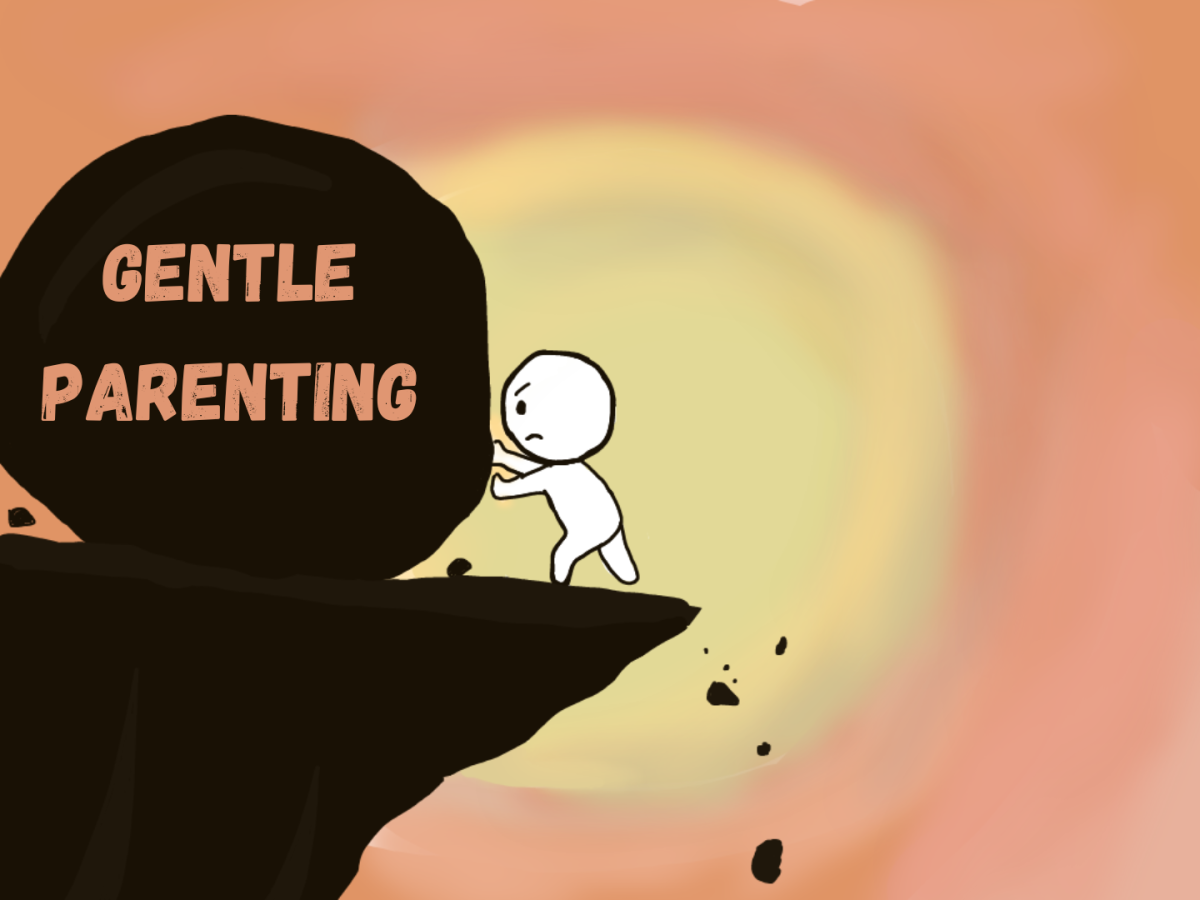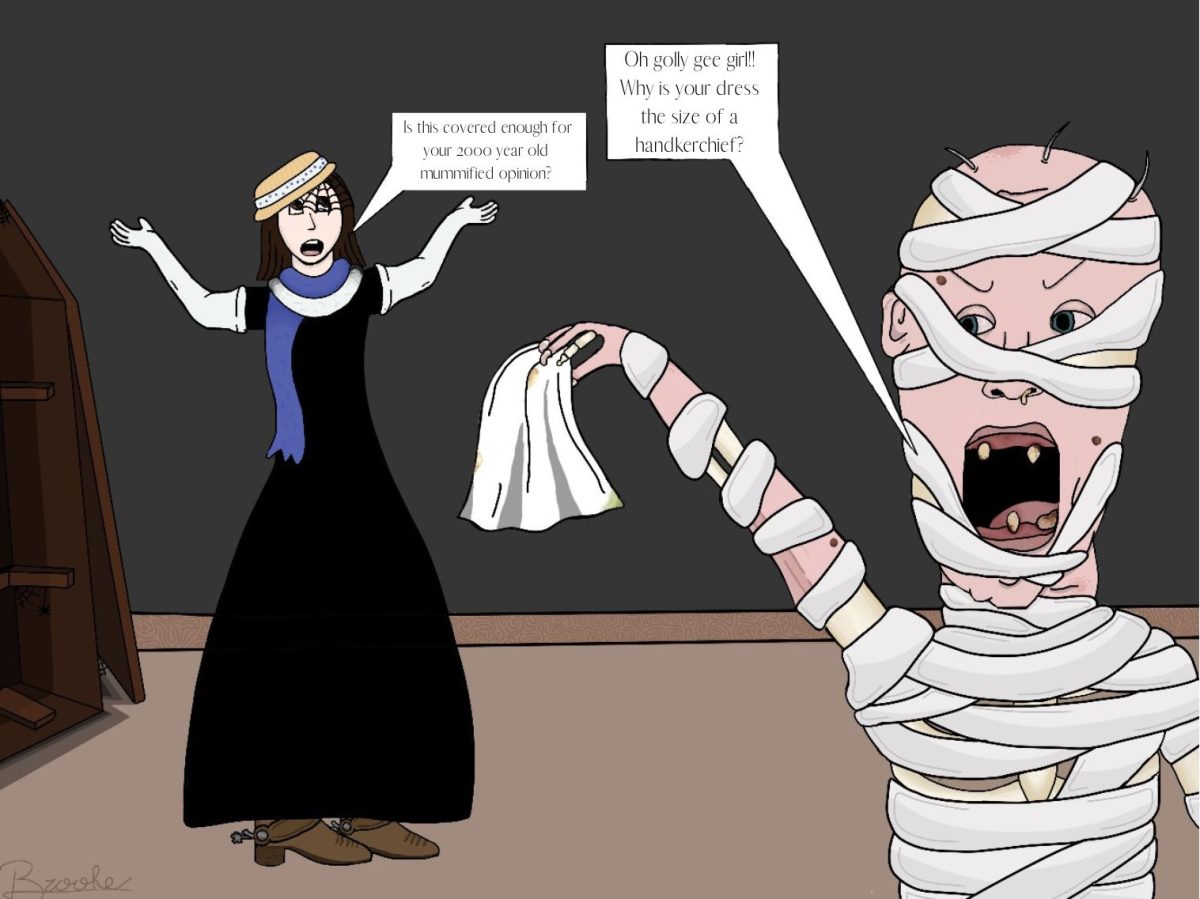There’s a popular belief in today’s parenting world that gentle parenting—characterized by calm conversations and comforting pats on the back—is the best way to raise emotionally healthy children. But while this approach sounds compassionate on the surface, it fails to teach kids one of the most critical life lessons: the distinction between right and wrong. In a world where failure and missteps are inevitable, children need boundaries, not just coddling, to prepare for adulthood.
Extreme gentle parenting is often synonymous with permissive parenting, where the parent never says no and always aims to please the child. While gentle parenting is required to be used at times, if no consequence is made, the kids won’t understand. When children make serious mistakes, like bullying, skipping school, or failing an exam, they need more than a sympathetic “It’s okay, try again.” These situations require direct responses that reflect the gravity of their actions. Without repercussions, children may never learn that choices have real-world effects, setting them up for a harsh awakening when they enter adulthood.
Let’s face it: life isn’t a series of comforting reassurances. It’s competitive, challenging, and, at times, unforgiving. When kids don’t face the consequences of their actions, they can develop a warped sense of entitlement, believing that no matter what they do, everything will always be forgiven with a smile. Parents who neglect to instill responsibility risk raising children who may lack the resilience and self-discipline needed to navigate life’s challenges.
Of course, no one’s advocating for cruel punishments or extreme measures. But grounding a child, restricting their screen time, or making them take responsibility for their actions teaches valuable lessons about accountability. These actions aren’t about cruelty, they’re about preparation. When kids learn that their decisions have consequences, they begin to understand the weight of their choices—something crucial in a world that won’t always give them a second chance.

Imagine a child who fails an important test. If their parent responds with only gentle words of comfort, the child may miss the message that they must study harder, prepare better, or prioritize their education. Comfort alone doesn’t push them toward growth. However, a consequence, like losing phone privileges, gives that child a reason to reflect on their actions and strive to improve next time. In its effort to shield children from emotional discomfort, gentle parenting often shields them from growth too.
Gentle parenting can sometimes fog the line between support and enabling. When parents fail to set clear boundaries, children may continue harmful behaviors, believing that they’ll always receive a soft response. Over time, this can create an unhealthy dynamic where kids never learn to take responsibility for their mistakes, instead expecting endless forgiveness without any expectation to change.
Naturally, kids need support, but they also need boundaries. A parent must guide their children through life, unfortunately, gentle parenting fails to do so. They need to feel loved, but also understand that love doesn’t mean an absence of discipline. The workforce, higher education, and society generally don’t operate on gentle parenting principles. Instead, missed deadlines lead to job loss, and poor decisions can lead to life-altering consequences. If children aren’t taught this early on, they enter adulthood unequipped to deal with failure, rejection, or disappointment. So while gentle parenting may seem like a modern, compassionate approach, we must ask ourselves: are we raising kids who can navigate life’s complexities, or are we raising kids who believe that every misstep will be met with a smile and a hug?







